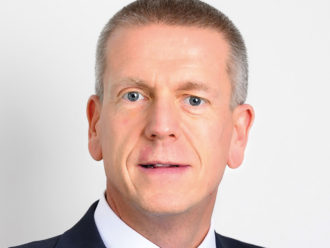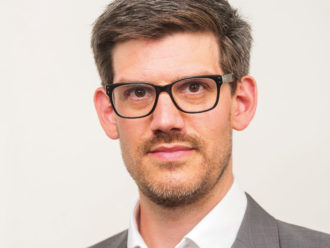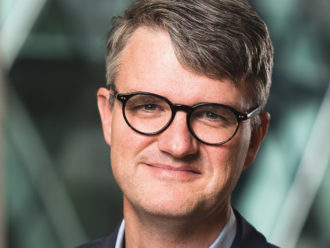So you see a breakup of the eurozone?
I repeat, it will not continue to exist as we know it today. Some members might leave the euro area, while others join. With the withdrawal of the British from the EU others might be encouraged to exit the euro. I’m pessimistic on the next few years.
You also spoke of social unrest, even of war, which could also come. Where do you see this unrest?
We’re already seeing social unrest in the Middle East, for example, and that’s likely to spread to other countries.
In China it is increasingly seeing demonstrations. In the US we have, as it currently stands, a Republican presidential candidate, Donald Trump. This is also a form of social unrest which could and probably will get much worse.
In uncertain economic times, people start blaming someone and it usually leads to social unrest. Next time around you’ll see more social unrest. You might see governments fail and you might even see countries fail. Look at Iceland and Ireland in 2008, they fell apart. This might sound strange, but it’s always happened this way, throughout history. When people have been unhappy along comes a man or a woman on a white horse. Trump is the latest in a long line.
Trump promises to the people that he will solve their problems. He says some ludicrous things and he contradicts himself on many points. One of the greatest lessons of history is that people don’t learn from history. It’s always: ‘This time it’s different’. But it’s not. Most of the people voting for Donald Trump have no idea.
If Trump is elected president and carries out the plans he’s announced, it will lead to trade wars. Throughout history, trade wars led repeatedly to bankruptcy and subsequently to war. Or take Putin. In the 1990s, the former Soviet Union was a mess. After Yeltsin, Putin came along as a strong man, and many Russians loved him for it. There are many such examples.
There’s a lot of criticism of what Draghi is doing now and you have also criticised the huge levels of QE, but what would have happened if the central banks had not cut interest rates. Wouldn’t it have been worse?
That’s a good question. In the early 1990s Scandinavia had similar problems. They let it happen and let people go bankrupt and it was a pure mess for two or three years, but after that started a boom of more than 20 years. Ireland did the same thing, but it was horrible for a while.
I can’t tell you what an exciting place Iceland is to invest in now, but people went to jail. The whole place collapsed but now it’s booming and one of the fastest growing countries in the world.
In the early 1920s, the US had a massive economic crisis. At that time the central bank raised interest rates and balanced the state budgets and had a horrible period, but after that the country recorded the most economically successful decades of its history. If companies get into big trouble, they should go bankrupt. Others take their place, reorganise what is left and start anew.
Today, Americans wouldn’t let anyone go bankrupt, we propped everyone up. And yes, had the banks not intervened in 2008,there would have been collapse, but that would have been better than what we have today. Eight years later, the people are voting for Donald Trump. Or alternatively, Hillary Clinton.
Just as an aside, I’m not voting for either one of them, they’d both be disastrous as President. One is fast bankruptcy and the other is slow bankruptcy. It would have been a terrible few years, but the system would have been cleaned out and we could have started over. We’ve had many years of excess in the world and someday you have to pay the price.



